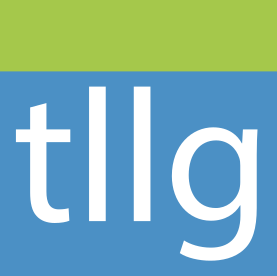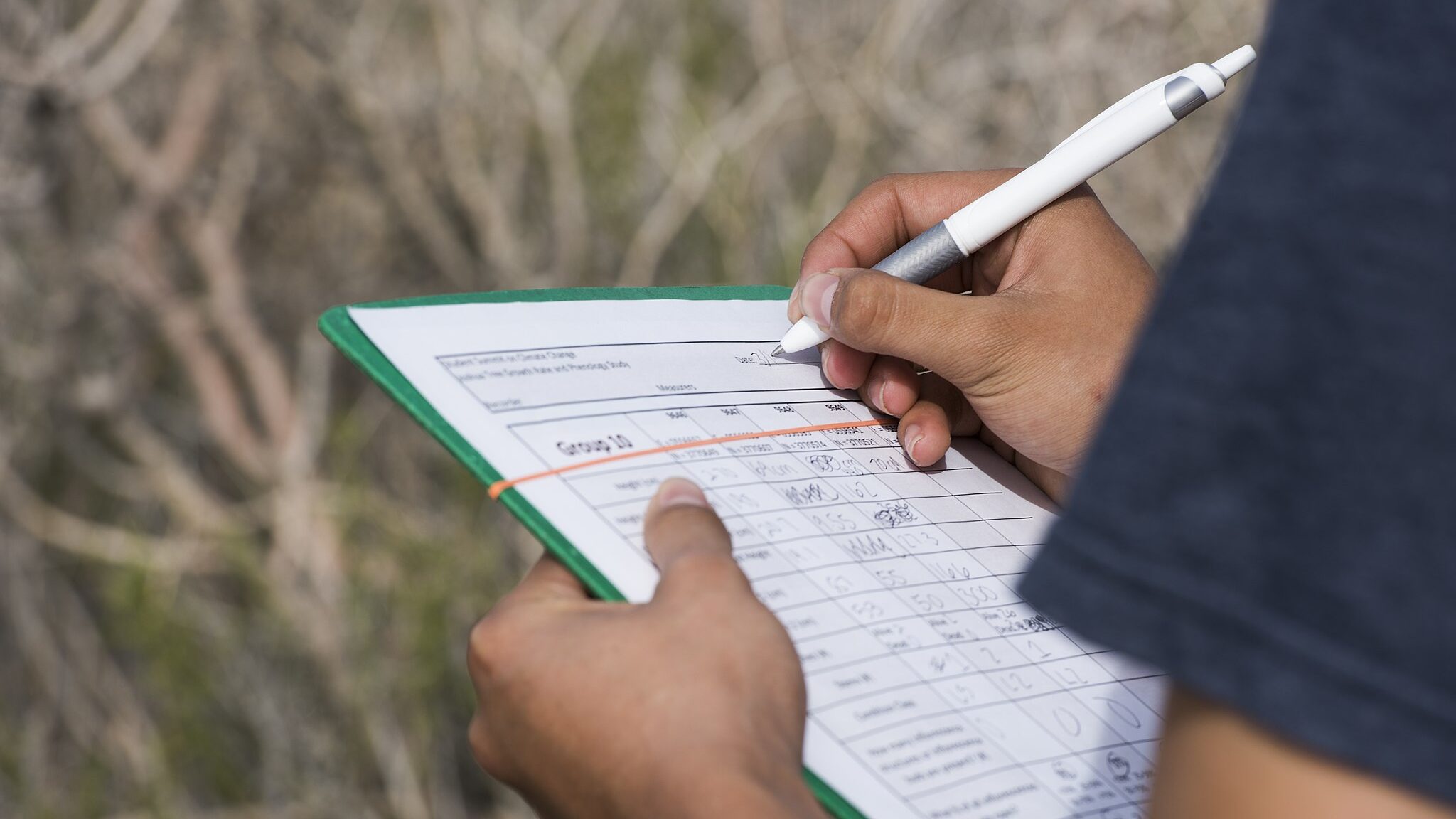
Research
Integrating Diverse Perspectives
We orient our research projects around a convergence research agenda that includes multiple ways of knowing from our diverse partners.
Convergence research is driven by a compelling problem and deep integration across knowledge systems. It will help us establish an ecosystem of academics, climate justice organizations, Indigenous leaders, leaders from low income communities and communities of color, policymakers, philanthropists, and private sector actors with a commitment to climate justice.
The research questions, frameworks, and methodologies we choose to explore will emerge from this convergence of diverse perspectives. This allows us to collectively address real concerns of the communities most affected by the climate crisis. Integrating these perspectives into the process will produce solutions that are not only more equitable and inclusive but also more effective because they address the root causes of climate change.
UC-initiated Indigenous-led Climate Project
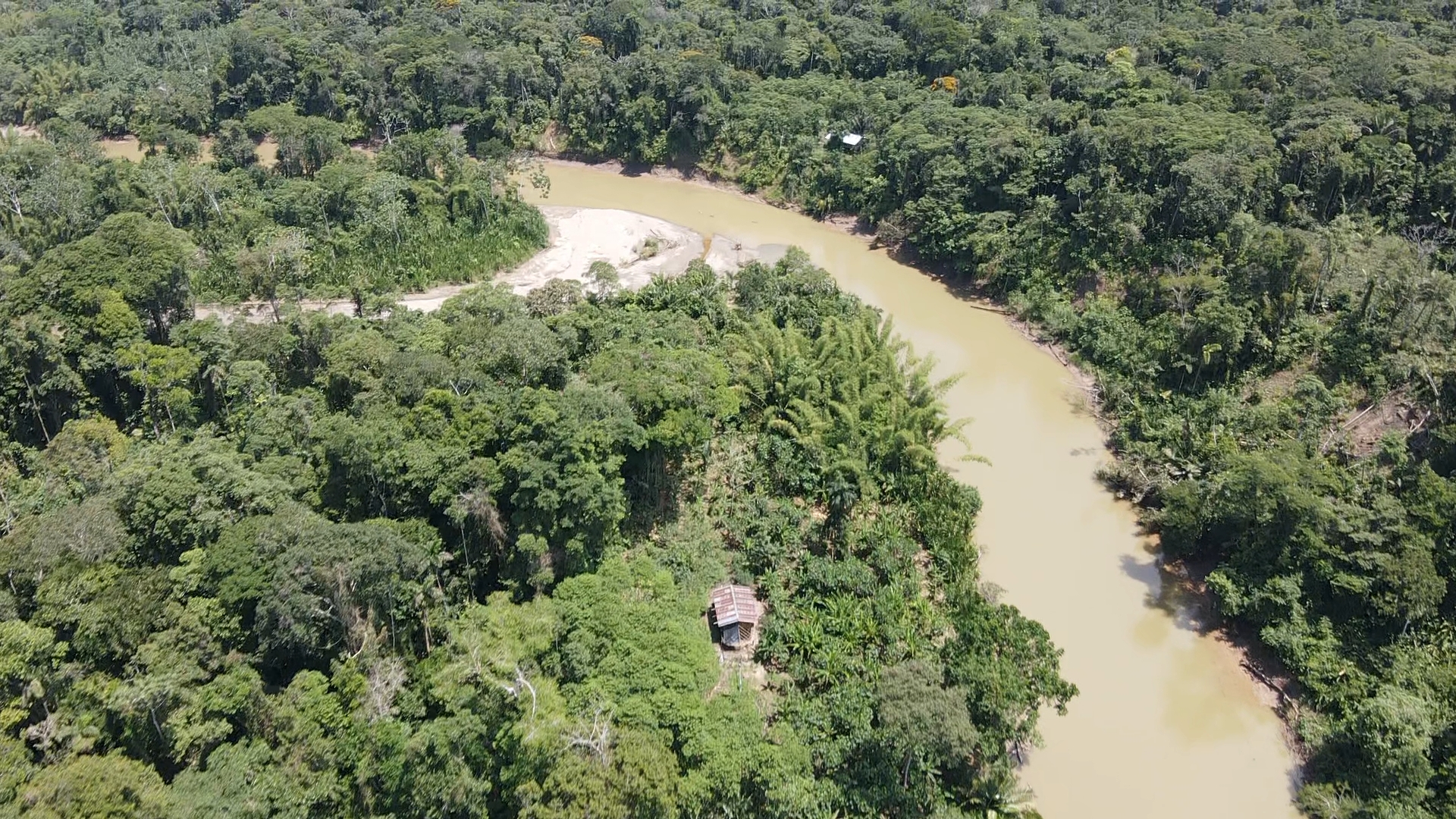
Through UC seed grant support for UC-initiated offsets, a team at the Center for Climate Justice has been investigating alternative models to conventional carbon forestry and REDD projects. In partnership with Indigenous Peoples of the Ecuadorian Amazon and the NGO Rainforest Foundation US, our team has been co-developing a project based on Indigenous knowledge systems and worldviews.
This project is unique because it not only addresses above ground biomass carbon, it also addresses and aims to keep fossil fuel carbon underground.
There is a long history of oil development in Ecuador and the legacy of oil development has had severe social and ecological impacts. There are oil blocks throughout the Ecuadorian Amazon, even in highly biodiverse areas such as the Yasuni National Park often where oil has been exploited without the Free, Prior and Informed Consent of Indigenous Peoples.
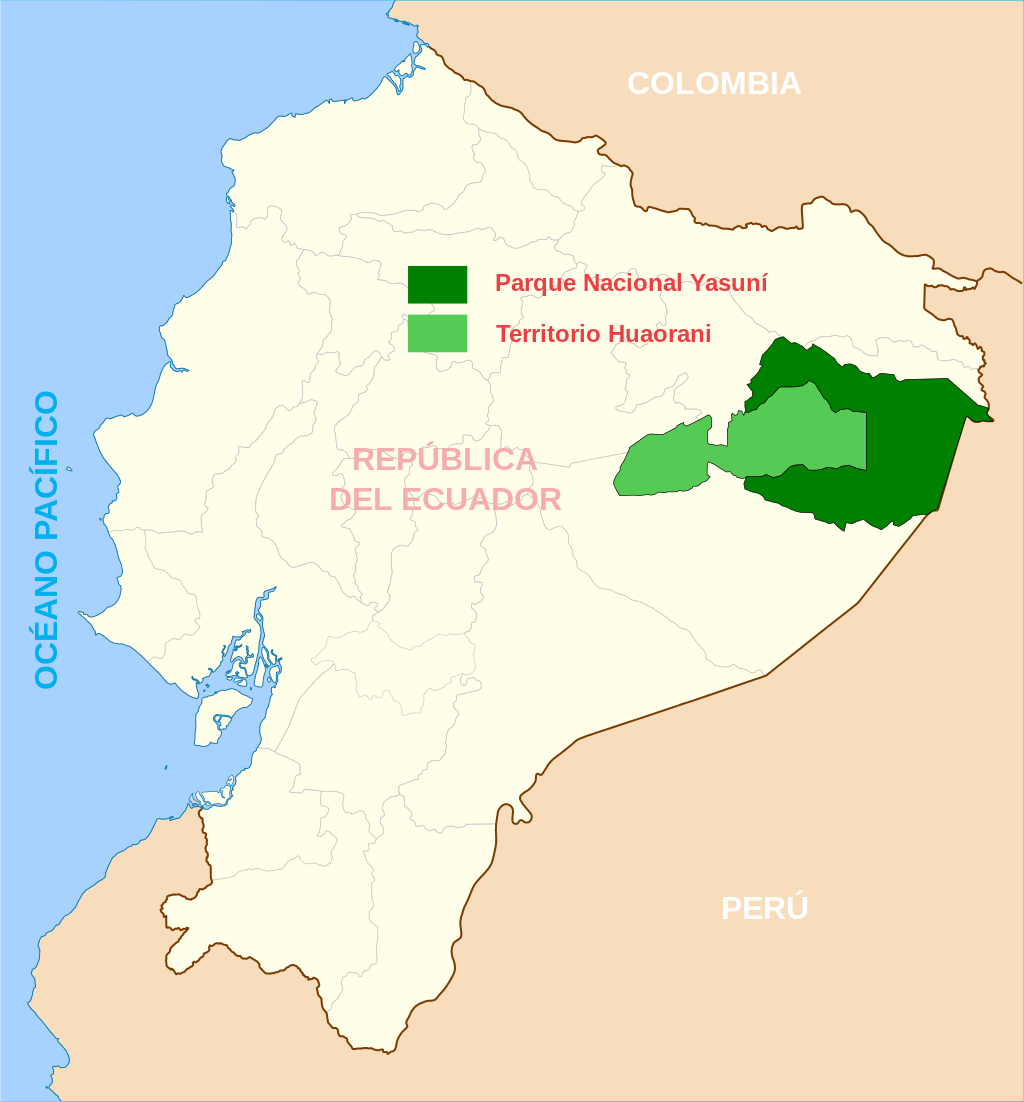
This project is unique because it not only addresses above ground biomass carbon, it also addresses and aims to keep fossil fuel carbon underground.
There is a long history of oil development in Ecuador and the legacy of oil development has had severe social and ecological impacts. There are oil blocks throughout the Ecuadorian Amazon, even in highly biodiverse areas such as the Yasuni National Park often where oil has been exploited without the Free, Prior and Informed Consent of Indigenous Peoples.

It is in this context that we are working with Indigenous Peoples on a project being developed around their plan for conservation, sustainable forest management, and food projection that for generations has contributed to highly biodiverse forests rich in carbon. Importantly, their plan strictly prohibits extractive development including fossil fuel development, a feature that has been ignored in traditional carbon forestry projects.
Therefore, the project’s aim is to protect indigenous territory and promote traditional forest management practices based on their cosmovision. It includes a plan for comprehensive and sustainable land management and forest protection against oil, mineral, and timber extraction. Project funds will be used to support Indigenous life plans, based on their vision for community development and wellbeing.
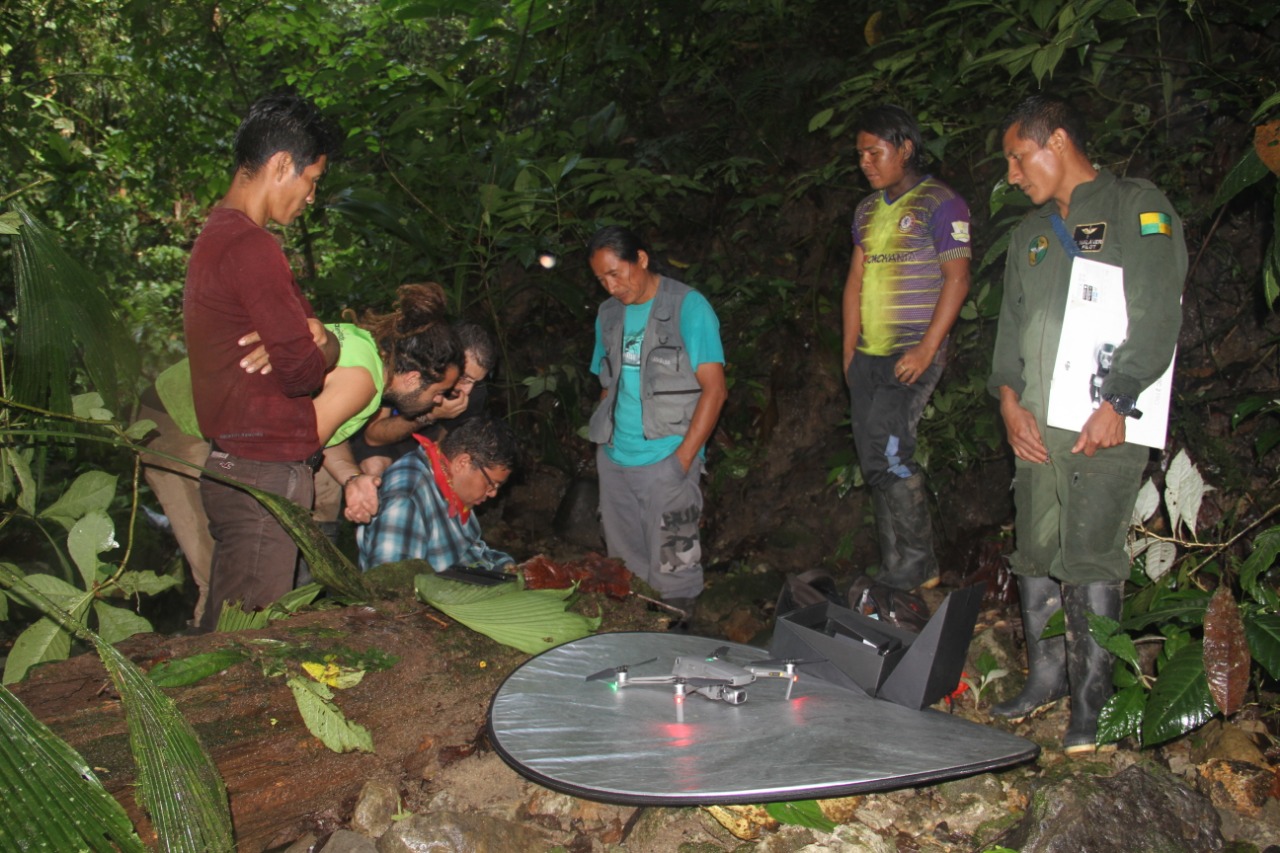
People Involved
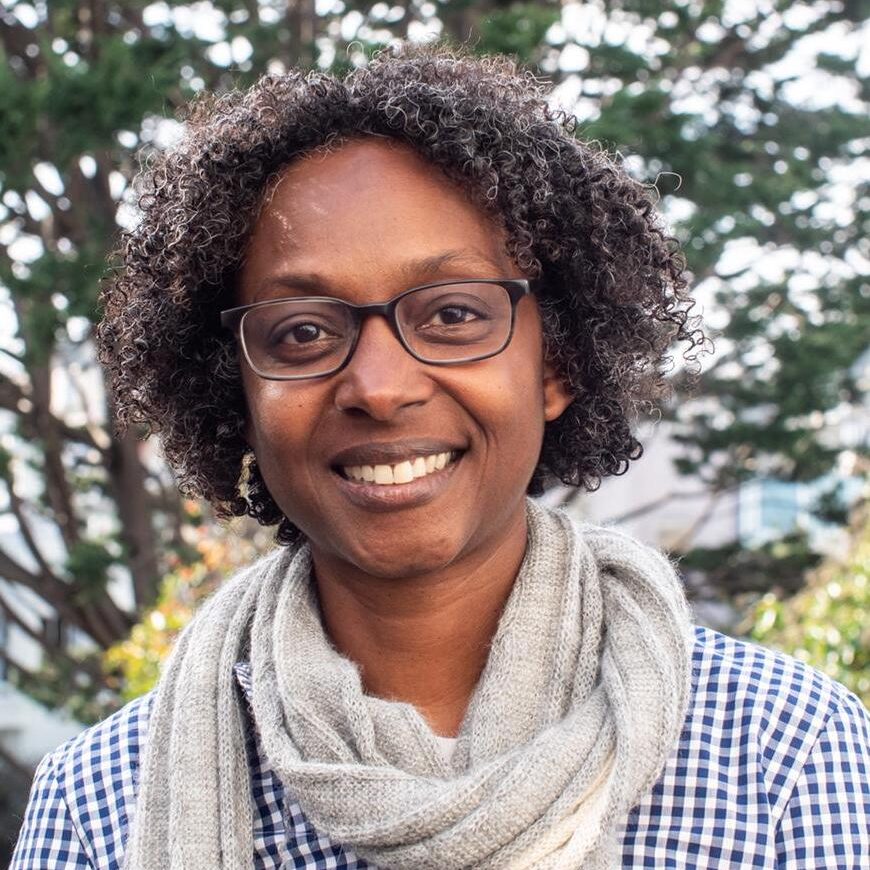
Tracey Osborne
Associate Professor
UC Merced
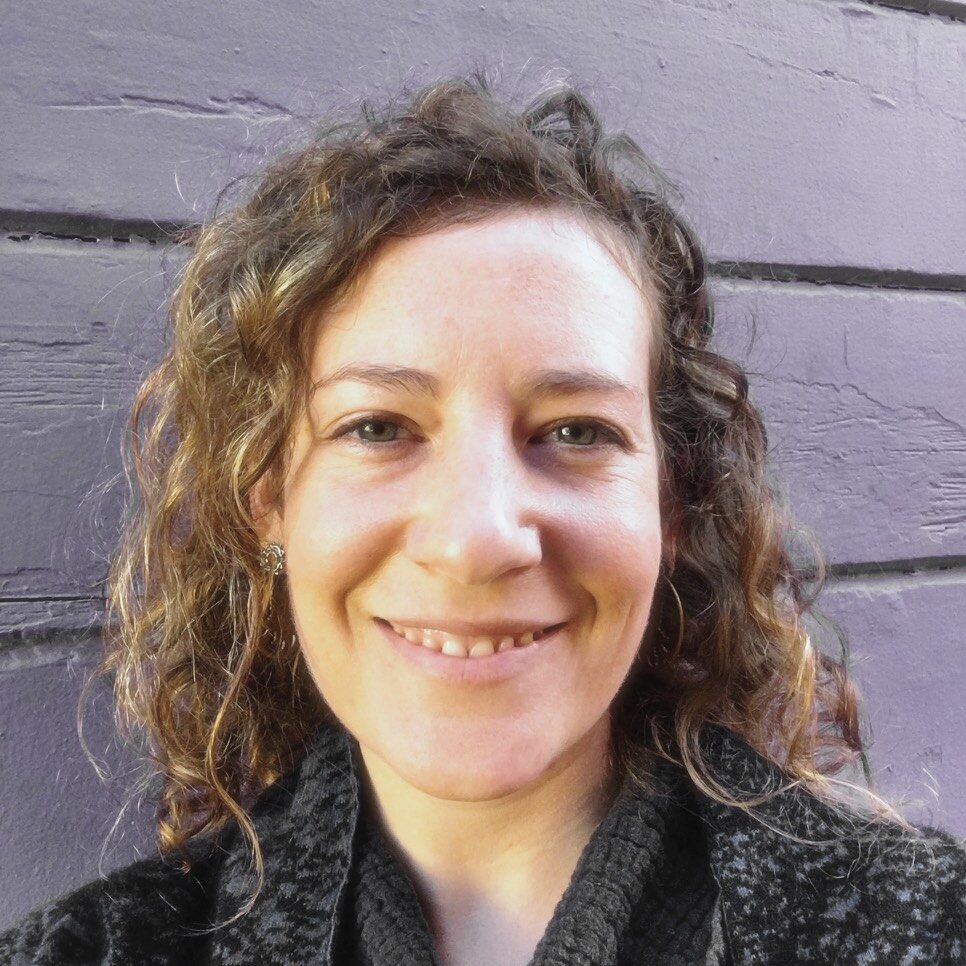
Laura Dev
Postdoctoral Scholar
UC Merced
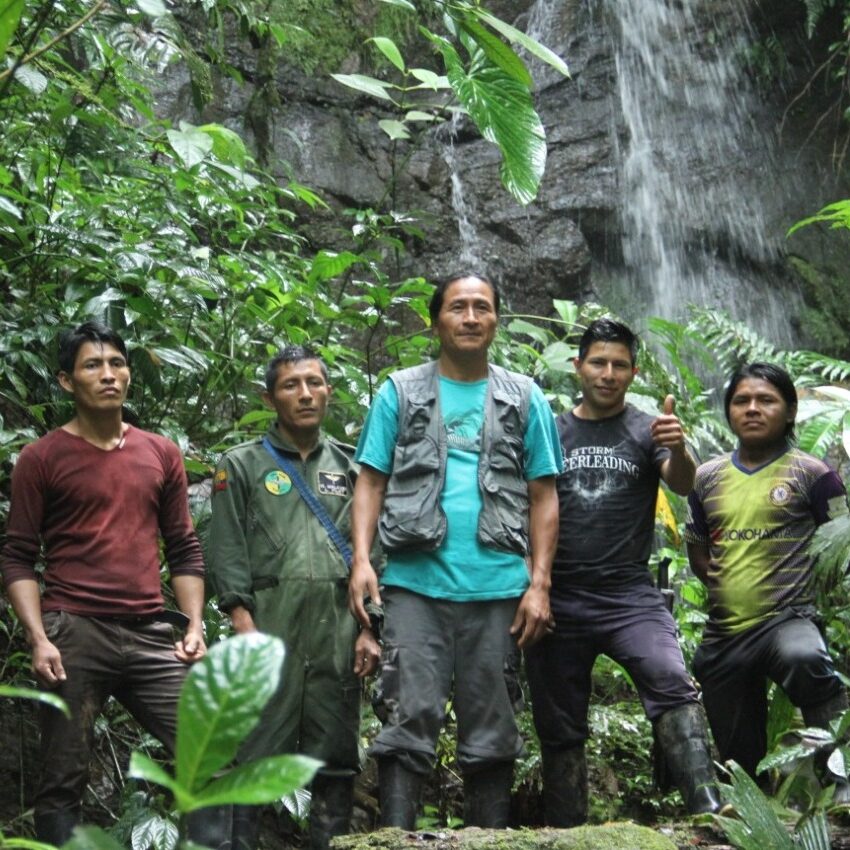
Indigenous Peoples of Sarayaku
Ecuadorian Amazon
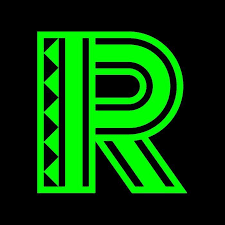
Rainforest Foundation US
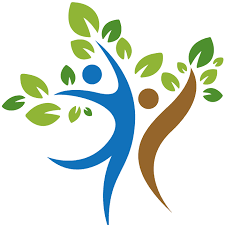
Plan Vivo
